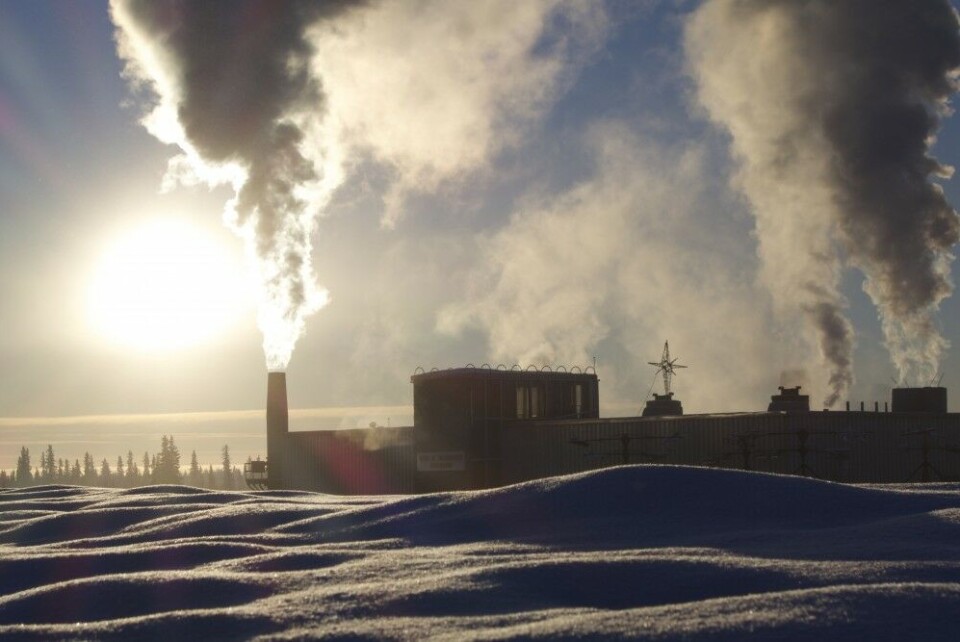
European Parliament approves 60% emission cut by 2030 in landmark vote
The roadmap towards climate neutrality by 2050 needs binding obligation for all member states by 2030 and 2040, the MEPs say in a vote on the EU climate law.
The vote on October 7 raises the greenhouse gas reduction target up from the current 40% to 60% by the end of the decade.
392 voted for, 161 against and 142 abstentions. The reduction target of 60% is compared to 1990 emissions.
The European Commission recently proposed to increase the climate 2030-target to “at least 55%” reduction, but the lawmakers in the parliament raised the bar even further to the approved 60%.

MEP from Sweden, Jytte Guteland, said strong targets are needed to achieve climate neutrality.
“The adoption of the report sends a clear message to the Commission and the Council, in light of the upcoming negotiations. We expect all member states to achieve climate neutrality by 2050 at the latest and we need strong interim targets in 2030 and 2040 for the EU to achieve,” Guteland said.
We did it! 60% did win! Now we take the climate policy to a higher level! Thank you EP for givning me that mandate. @TheProgressives pic.twitter.com/ZzlSnwoDjc
— Jytte Guteland (@JytteGuteland)
EU leads the world
“We are seeing a stronger Parliament than before, assertive on the climate front,” said Suzana Carp, Policy Director at the Brussels based environmental group Bellona Europe.
“This will be key in upholding the integrity of the 2030 climate target, which the Commission actively attempted to water down in their proposal,” she adds and praises the leadership:
“60% is getting the EU to be an international leader by example in the implementation of the Paris Agreement.”
In the vote, the Parliament also set a December 31, 2025, deadline for member states to phase out all direct and indirect fossil fuel subsidies.
Arctic warms threefold
The EU vote came a few days after world meteorologists concluded September as the warmest on record globally.
As recently reported by The Barents Observer, especially northern Siberia has literally speaking been a hotbed in global warming last month with temperatures exceeding the average by 5-6 degrees Celsius.
Also, Norway’s Arctic archipelago of Svalbard saw record heat this summer with an all-time high of 21,7°C at Longyearbyen airport on July 25.
The old cliché saying that the Arctic is warming about twice as fast as global average is no longer true. The Arctic warms threefold global average.

















